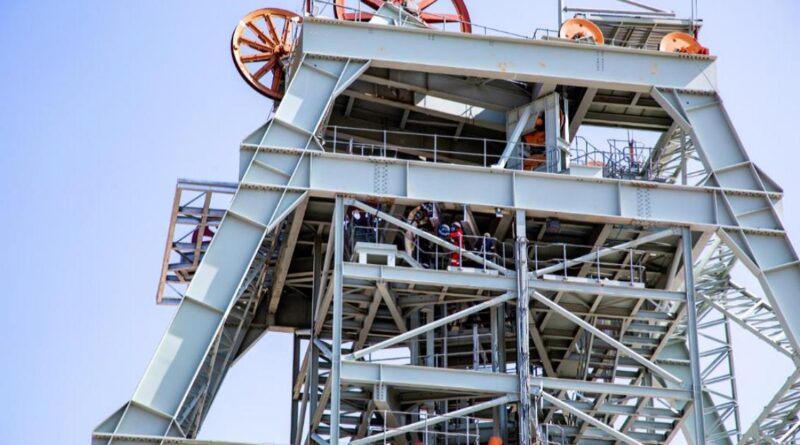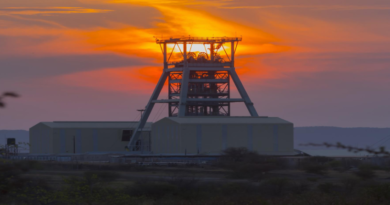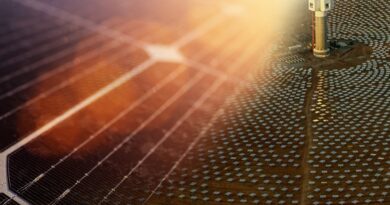Developments in Canada emphasise its commitment to platinum
TD Securities, a subsidiary of Canada’s The Toronto-Dominion Bank, has recently launched platinum bullion products to add to its precious metals offering in Canada. Of course, this is a timely reminder of Canada’s position as a major precious metals centre, home as it is to the renowned platinum bullion Maple Leaf coin series issued by the Royal Canadian Mint. Its platinum products, along with those offered by The Royal Mint and the US Mint, are a testament to the significant investor interest in the metal around the world.
Canada is itself at the forefront of the hydrogen economy. The ‘Hydrogen Strategy for Canada’, a detailed plan of how the country can access its potential for significant hydrogen production and assist Canada to achieve its goal of net-zero emissions by 2050, was launched at the end of last year.
PEM expertise
The plan highlights that Canada has played an important role in the development of the growing global hydrogen economy, starting more than a century ago with innovation in hydrogen production technology and four decades ago as pioneers in fuel cell technology.
In coming years platinum demand could well benefit from the deployment of platinum-based hydrogen technologies – proton exchange membrane (PEM) fuel cells and electrolysers – to help reach global net zero targets. Platinum will also play an important role in hybrid vehicles as Canada and the world transition from internal combustion to electric mobility over the next several decades.
It continues to be a technology leader in the sector, with more than 100 established businesses, including names such as Ballard, which is known for its PEM hydrogen fuel cell expertise in heavy duty transportation, and Loop Energy, which also develops hydrogen fuel cells.
Today, Canadian heavy-duty fuel cell engine technology powers more than half of worldwide fuel cell electric buses and, in 2018, Canadian technology was used in the first hydrogen-powered commuter train. Canada is host to the world’s largest PEM electrolyser plant at Bécancour, which produces up to 8.2 tonnes of green hydrogen per day.




